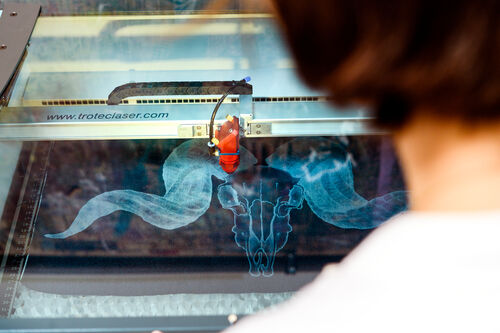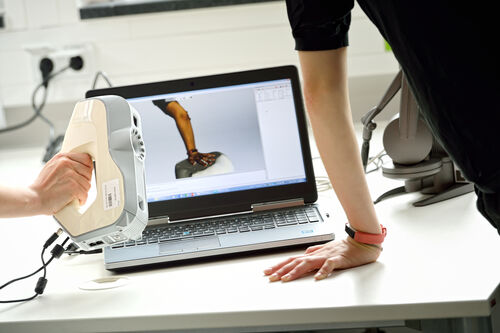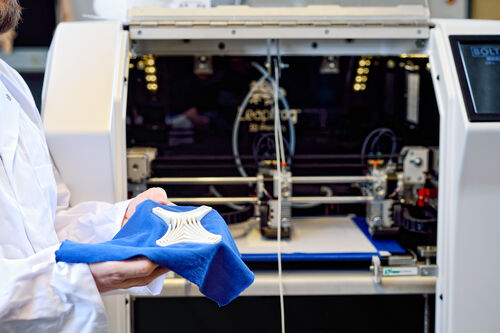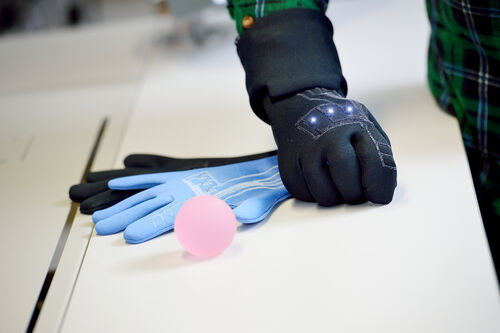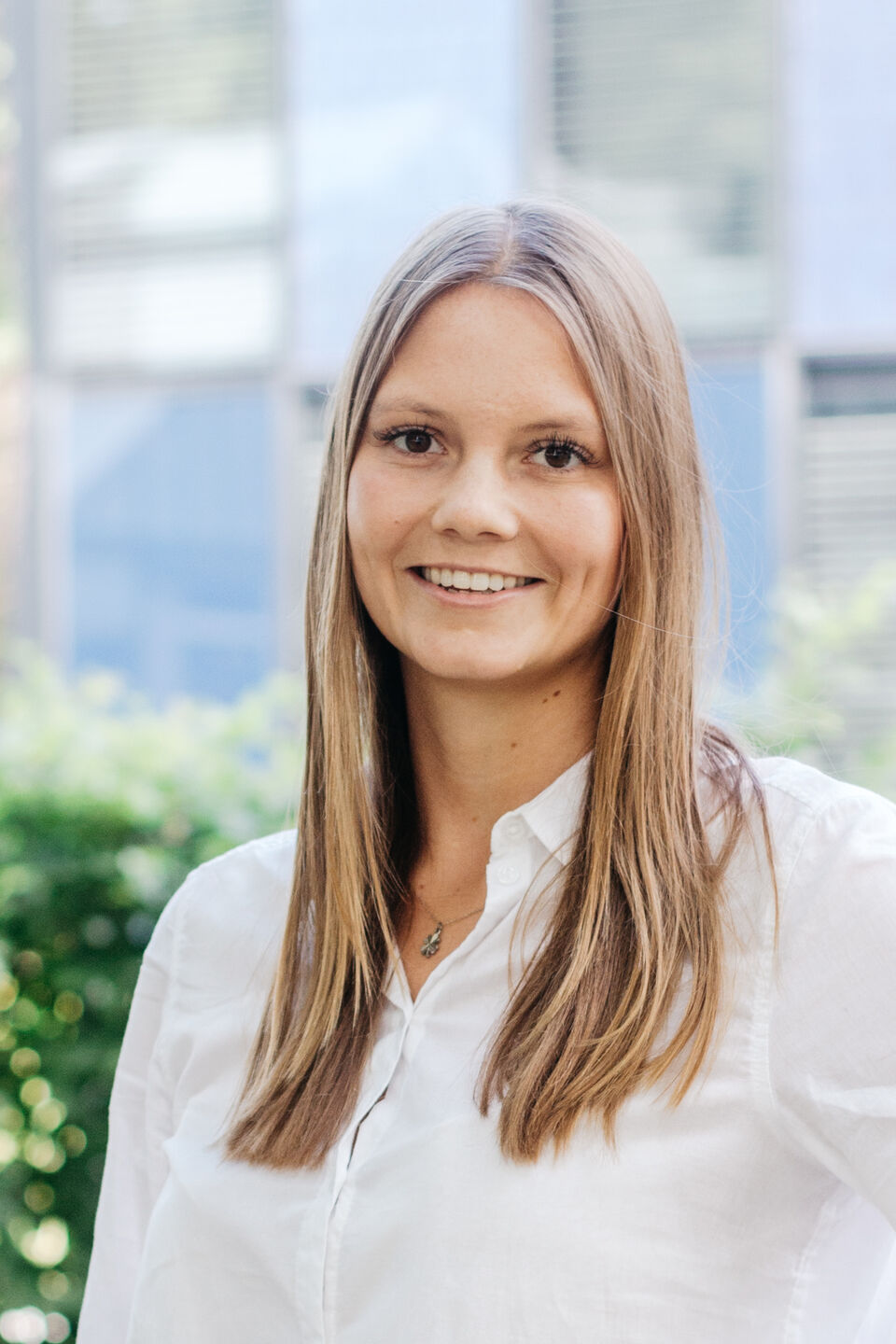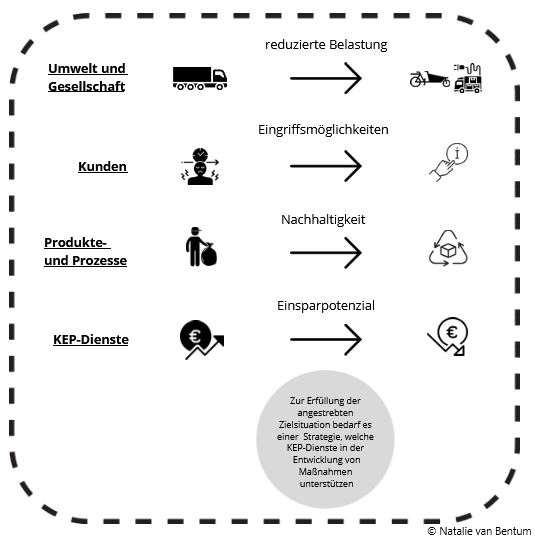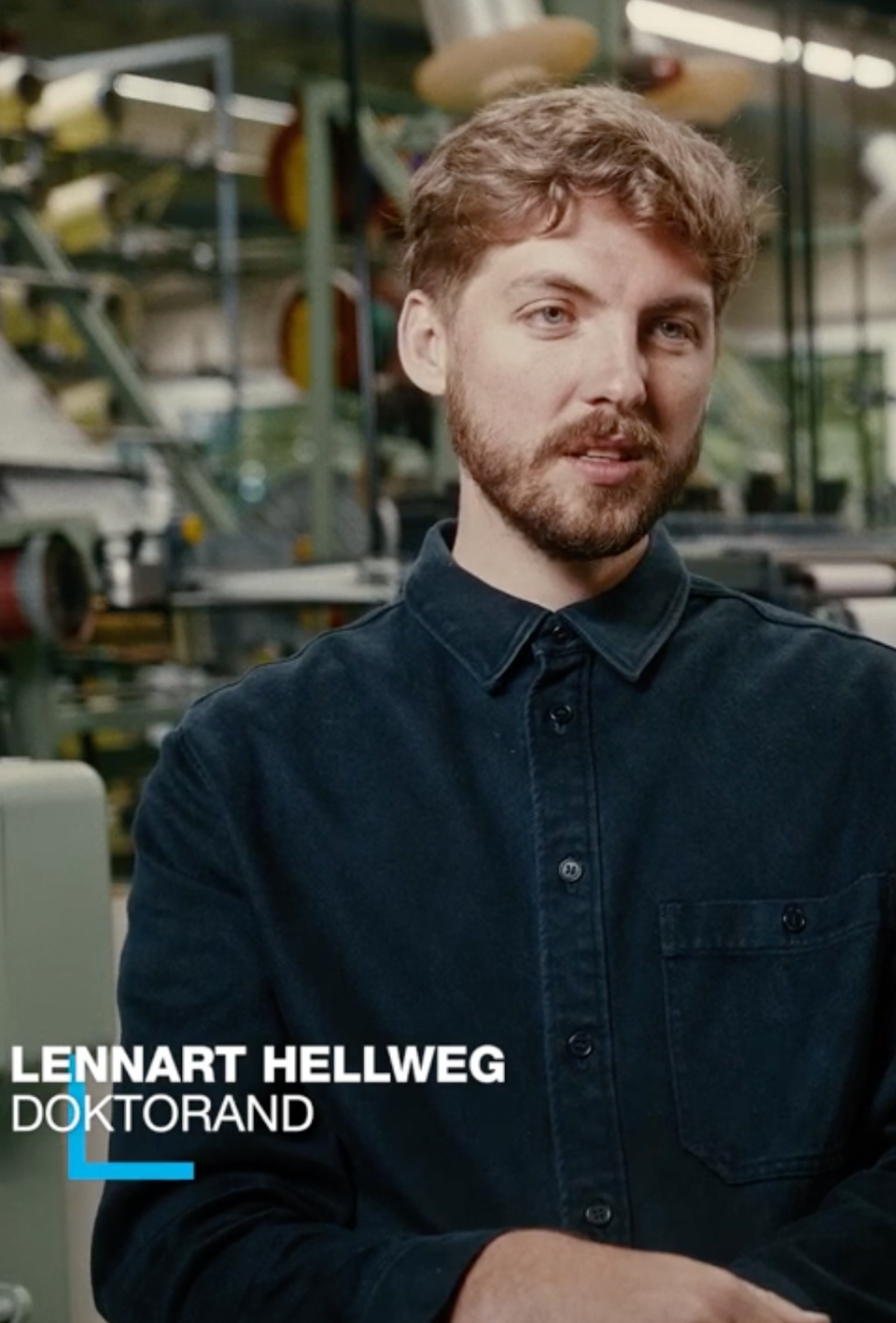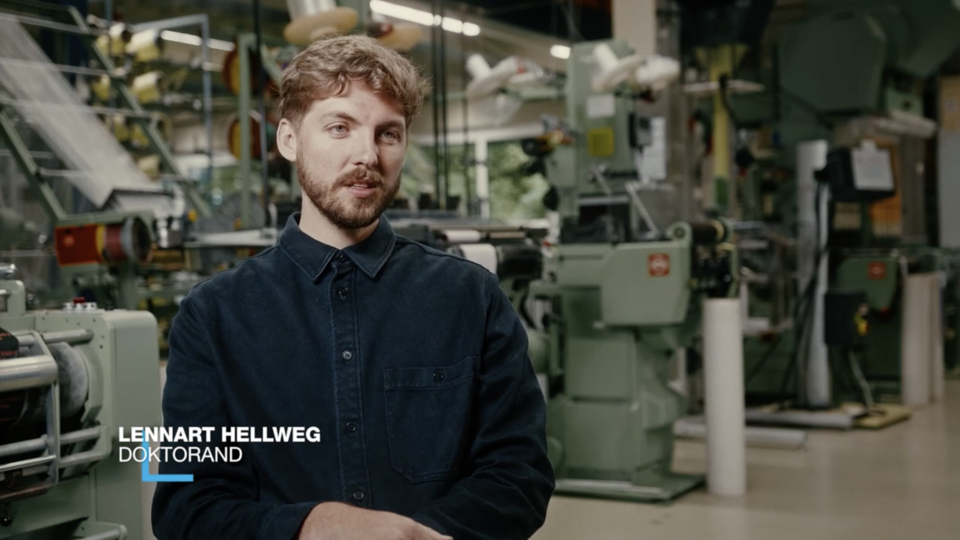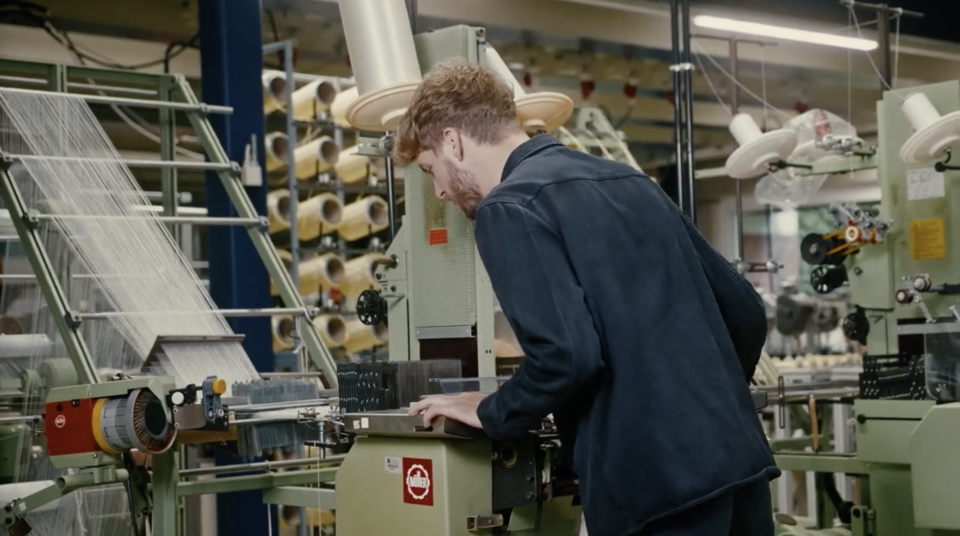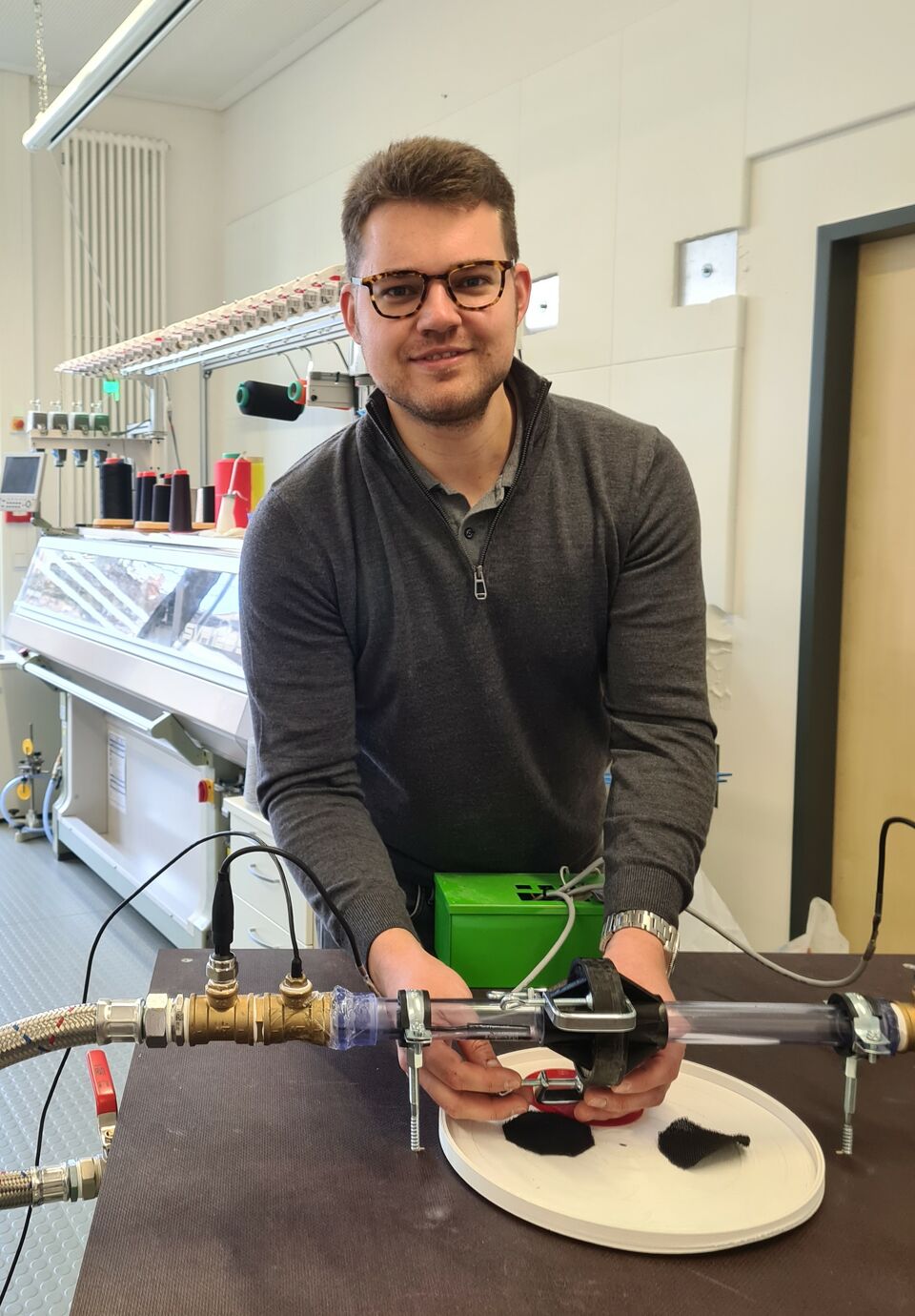The doctorate gives our master's students from the Textile Products and Management of Textile Trade and Technology degree programmes the opportunity to gain further qualifications after completing their studies with the aim of obtaining a doctorate.
Our diverse research areas cover the entire field of Textile and Clothing Technology as well as related research fields and offer interested doctoral students a broad field of activity for their scientific work. We conduct research in many projects together with partners from industry and business, which means that the research work is very application-oriented and enables doctoral students to make contact with industry and business at an early stage.
The Doctoral College NRW offers doctoral candidates a topic-specific doctoral program, which is generally designed to last 3 years. Together with doctoral candidates from other universities, doctoral candidates have the opportunity to learn and deepen their scientific work in a compulsory and optional area.
A cooperative doctorate always takes place in collaboration with a university or a university authorized to award doctorates and enables the doctoral candidates to combine theory-based and application-based research. The doctoral degree is awarded by the university or university of applied sciences. Our professors are equally involved in the doctoral process as supervisors, reviewers or examiners.
The doctoral college of our university is an interdisciplinary central contact and coordination point for doctoral students.
Please contact our professors if you are interested in pursuing a doctorate. They will advise you, support you and put you in contact with a cooperating university or university authorized to award doctorates.


